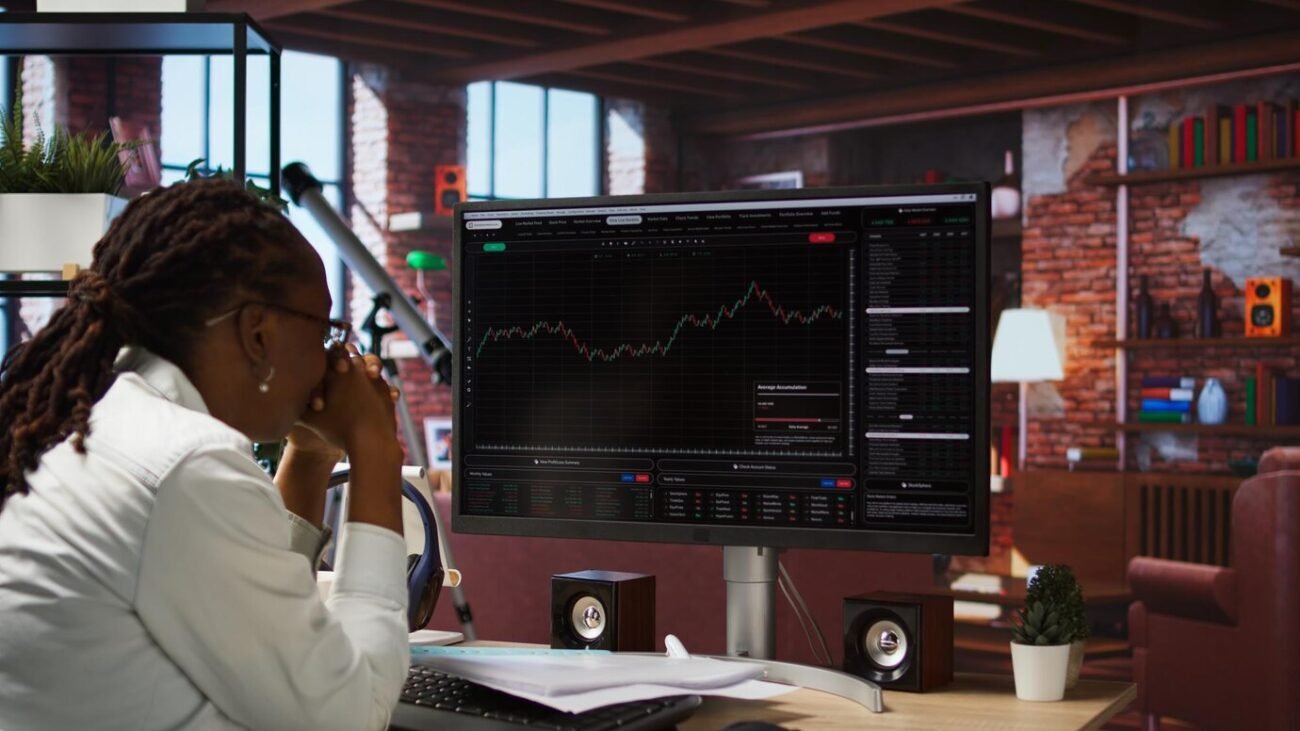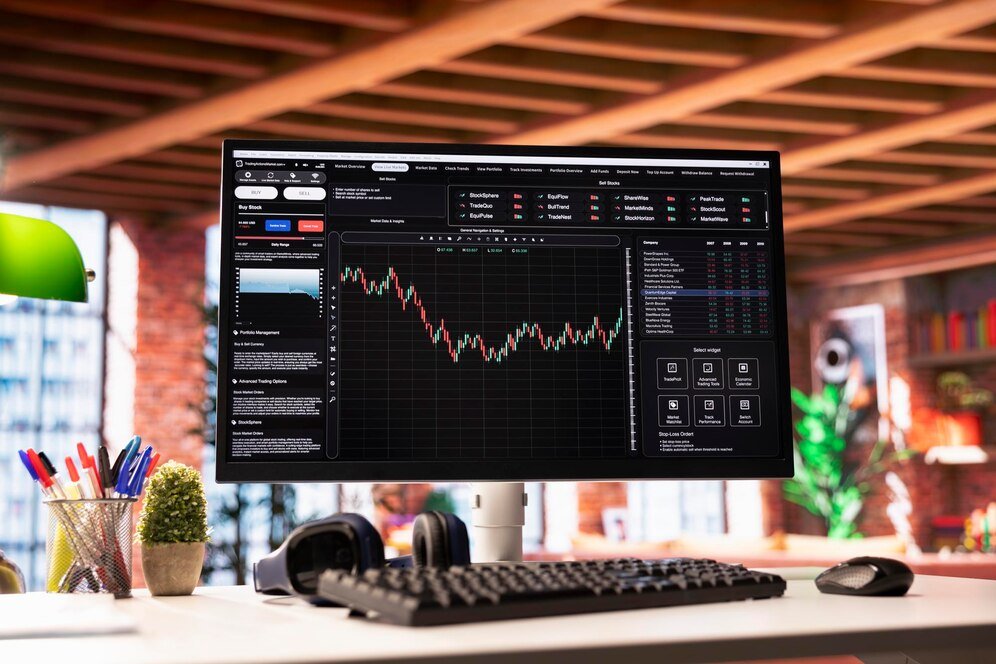As the financial landscape evolves, investors are increasingly faced with the choice between traditional stock markets and cryptocurrency exchanges. Both platforms offer unique opportunities and risks, but they operate under different rules and structures. In this blog, we will explore the key differences between stock markets and crypto exchanges to help you make informed investment decisions.
1. Regulation and Oversight
Stock Market
- Regulatory Bodies: Stock markets are heavily regulated by government agencies, such as the Securities and Exchange Commission (SEC) in the United States. These regulations are designed to protect investors and ensure fair trading practices.
- Reporting Requirements: Publicly traded companies must adhere to strict reporting requirements, providing regular financial disclosures and updates to investors.
Crypto Exchanges
- Lack of Regulation: Crypto exchanges operate in a less regulated environment. While some countries are beginning to establish regulations, many exchanges do not have the same level of oversight as traditional stock markets.
- Varied Practices: The regulatory landscape for cryptocurrencies varies widely by jurisdiction, leading to inconsistencies in how exchanges operate and how they protect investors.
2. Market Hours and Trading
Stock Market
- Set Trading Hours: Stock markets have specific trading hours, typically operating Monday through Friday during set hours (e.g., 9:30 AM to 4 PM EST for the NYSE).
- After-Hours Trading: Some stock exchanges allow after-hours trading, but participation is generally limited and may involve less liquidity.
Crypto Exchanges
- 24/7 Trading: Crypto exchanges operate 24/7, allowing investors to trade at any time, day or night. This continuous trading can lead to heightened volatility and rapid price changes.
- Instant Transactions: Transactions on crypto exchanges are usually processed instantly, providing immediate access to funds and assets.
3. Asset Types and Ownership
Stock Market
- Ownership of Shares: When you buy stocks, you are purchasing ownership shares in a company. This ownership may come with voting rights and dividends.
- Limited Asset Types: The stock market primarily offers shares of publicly traded companies, exchange-traded funds (ETFs), and mutual funds.
Crypto Exchanges
- Digital Assets: Crypto exchanges facilitate the buying and selling of a wide range of digital assets, including cryptocurrencies (e.g., Bitcoin, Ethereum), tokens, and stablecoins.
- Ownership and Custody: When you buy cryptocurrencies, you typically own the digital asset directly, but you may need to use a wallet for secure storage. Some exchanges offer custodial services, which means they hold the assets on your behalf.
4. Volatility and Risk
Stock Market
- Moderate Volatility: While stock prices can be volatile, they generally experience less extreme fluctuations compared to cryptocurrencies. Historical performance and company fundamentals often dictate stock prices.
- Established Metrics: Investors can rely on established metrics (e.g., P/E ratios, earnings reports) to assess stocks and make informed decisions.
Crypto Exchanges
- High Volatility: Cryptocurrencies are known for their extreme price volatility. Prices can swing dramatically within short periods, creating opportunities and risks for investors.
- Emerging Metrics: The cryptocurrency market is still developing its metrics and indicators, making it more challenging for investors to assess value and performance.
5. Investment Strategy and Accessibility
Stock Market
- Diverse Investment Strategies: Investors can employ various strategies, such as value investing, growth investing, or dividend investing. Stocks can also be part of retirement accounts or tax-advantaged accounts.
- Accessibility: While many platforms offer commission-free trading, barriers such as minimum investment amounts and account requirements can still exist.
Crypto Exchanges
- Innovative Strategies: Crypto investors often explore strategies like yield farming, staking, and liquidity provision, which are not typically available in the stock market.
- User-Friendly Access: Many crypto exchanges have lower barriers to entry, allowing users to start trading with small amounts of capital. However, the learning curve can be steep for newcomers.
6. Tax Implications
Stock Market
- Capital Gains Tax: Profits from stock investments are subject to capital gains tax, with rates varying based on the holding period and income level.
- Dividends: Qualified dividends may be taxed at a lower rate compared to ordinary income.
Crypto Exchanges
- Tax Treatment: Cryptocurrencies are often treated as property for tax purposes, meaning that profits are also subject to capital gains tax. However, regulations can vary significantly by jurisdiction.
- Complex Reporting: The need to track and report each transaction can complicate tax filings for crypto investors.
Conclusion
Both stock markets and cryptocurrency exchanges offer unique opportunities and challenges for investors. Understanding the key differences—such as regulation, trading hours, asset types, volatility, investment strategies, and tax implications—can help you make informed decisions about where to allocate your capital.
As the financial landscape continues to evolve, staying informed about developments in both markets is essential. Whether you choose to invest in stocks or cryptocurrencies, a thoughtful approach and thorough research will be key to navigating these exciting investment avenues.













